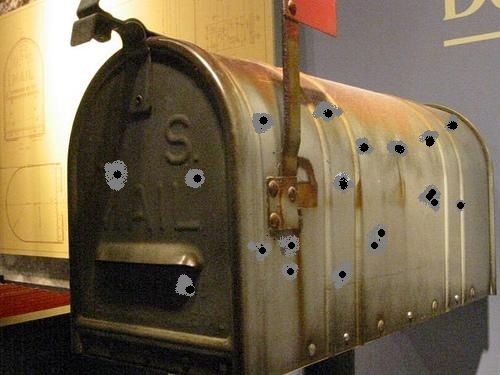"..., leave the statistics stuff alone unless you're
comfortable with uncertainty. I'm just a hack, but I'm already drowning in a
sea of reserved judgments. You see, a hypothesis test can only have four
results. You can say:
A. Based on these data, we can reject the null
hypothesis.
B. Based on these data, we can accept the alternate
hypothesis.
C. Based on these data, we cannot reject the null
Hypothesis.
D. Based on these data, we cannot accept the alternate
hypothesis.
We can't "accept the null hypothesis" because
that isn't our goal. We are trying to discover something novel, not just
reinforce some preconceived notion. If we can't reject the null hypothesis or
accept the alternate hypothesis, we must simply reserve judgment. Maybe some
later test will allow us to reject the null hypothesis or accept the alternate.
This is really a life-changing concept. This is actually
why I consider myself an agnostic fundamentalist rather than an atheist. If I
start with "There is no God" as the null hypothesis and "There
is a God" the alternate hypothesis, I will never be able to state
conclusively that there is no God. I must simply reserve judgment until I see
something which allows me to either reject the null hypothesis or accept the
alternate. Even then, there is still some confidence interval--either a
numerical or a conceptual one--which means there's a risk of making a false
inference. That's the "Based on these data..." part of it.
So unless you are comfortable not knowing, leave the
statistics stuff alone. If just one part of you tries to hold on to the absurd
notion that it's possible to measure something accurately, the resulting
contradictions will tear you apart. You have to let go. If you make the leap,
though, you'll find it strangely liberating. Being able to acknowledge sources
of uncertainty and explain how you dealt with them reinforces whatever argument
you are making. Your stock will go up!"

1 comment:
Post a Comment